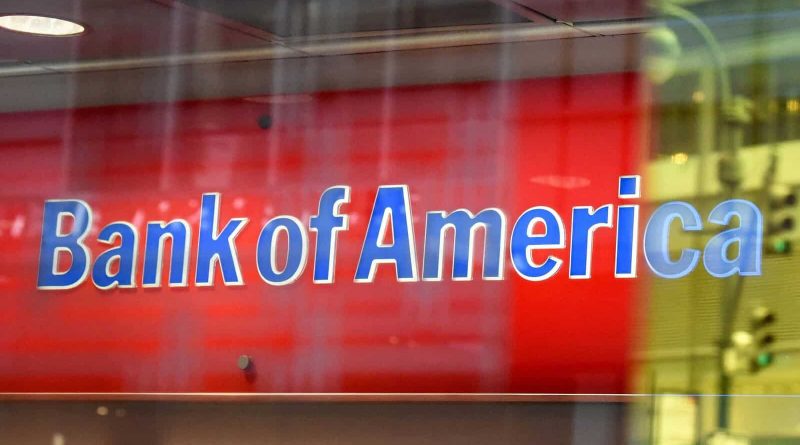FDIC Reports Fall in Deposits by $370 Million in US Banks
Ayse Bayram
Finance Editor
Reports from the Federal Deposit Insurance Corporation (FDIC) reports that U.S. Bank Deposits have fallen by $370 Million, one of the largest declines since 2018.

With pandemic stimulus checks provided by the government, bank deposits had hit a peak as some individuals left the money untouched. Stimulus check deposits added nearly $5 trillion, adding to pre-pandemic levels. Reserves held by banks increased due to the influx of cash.
The fall in deposits could prove to be beneficial in the battle of inflation. According to the Wall Street Journal, economists report that with lower reserves held by banks could help to achieve the goals of a tighter economy.
As banks sit on a reserve that are three times its size compared to pre-pandemic levels, banks have encouraged consumers to move their money into securities. They could earn a return on the money invested rather than letting it sit.
The supply of money has been a driving factor in rising inflation rates over the past year. Interest rate hikes provided by the Federal Reserve has led to higher returns on government bonds as markets have been proven to be unstable.
In a press release by FDIC Acting Chairman Martin J. Gruenberg, he stated “Looking forward, downside risks from inflation, rising interest rates, slowing economic growth, and continuing pandemic and geopolitical uncertainties will continue to challenge bank profitability, credit quality, and loan growth.” Commercial banks depend on deposits as a source of income. With no short-term concerns, long term implications may arise if they are unable to issue loans.
Implications in the short-term do not exist for commercial banks. Lowering their reserves would help to remove and tighten money supply. This is a needed remedy.
However, long-term consequences could occur. A year of uncertainty in the markets has shown volatility as investors have tried to adapt to higher rates, supply chain disruptions, and geopolitical tensions. Fed Chairmen Jerome Powell has not really helped in calming investors.
His claim that he will do what is necessary to combat the inflationary economy increases nerves as investors brace for impact. Who knows when their efforts will curb inflation and rates begin to decrease.
However, consistent rate hikes could prove to be detrimental without taking into consideration of external factors influencing and maintaining the high costs. With every world economy facing high inflation, how far is Powell willing to go?
Contact Ayse at ayse.bayram@student.shu.edu

